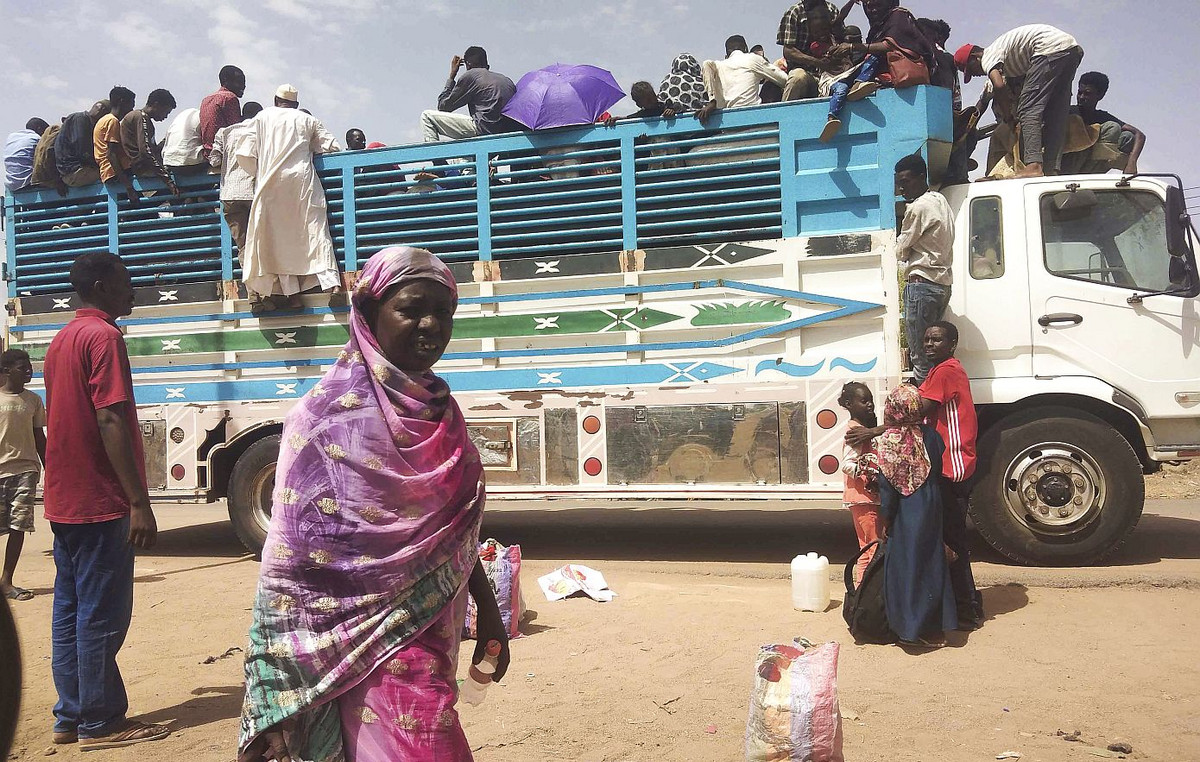The first case of monkeypox in Brazil was confirmed, this Thursday (9), through tests. Confirmation was made by Instituto Adolfo Lutz after performing a differential diagnosis of detection by RT-PCR of the Varicella Zoster virus (with a negative result) and metagenomic analysis of the genetic material.
The information was released by the São Paulo State Health Department.
The case is a 41-year-old man, resident of the capital of São Paulo, with a history of travel to Portugal and Spain. He remains hospitalized at the Instituto de Infectologia Emílio Ribas, in good clinical condition.
All patient contacts are being monitored by surveillance teams.
The state Epidemiological Surveillance Center (CVE) and the city of São Paulo have also been investigating since last week another patient, a 26-year-old woman, also a resident of the capital.
About monkey pox
The disease is caused by a virus that belongs to the orthopoxvirus genus of the Poxviridae family. There are two groups of monkeypox virus: those from West Africa and those from the Congo Basin (Central Africa).
Monkeypox virus is transmitted from person to person through close contact with injuries, body fluids, respiratory droplets and contaminated materials such as bedding. The incubation period is usually 6 to 13 days, but can range from 5 to 21 days.
Several animal species have been identified as susceptible to monkeypox virus, including squirrels, mice, voles, non-human primates and other species. According to the WHO, more studies are needed to identify the exact reservoirs and how the circulation of the virus is maintained in nature. Ingestion of undercooked meat and other animal products from infected animals is a possible risk factor.
Human infections with the West African type of virus appear to cause less severe illness compared to the Congo Basin viral group, with a fatality rate of 3.6% compared to 10.6% for the Congo Basin viral group. .
Transmission by sexual contact
The World Health Organization (WHO) warns that some of these cases are being identified in gay, bisexual and other men who have sex with men. Transgender people may also be more vulnerable in the context of the current outbreak, according to the WHO.
Illness caused by a virus can be spread by skin contact during sex, including kissing, touching, oral sex, and penetration with someone who has symptoms. As protective measures, the WHO recommends avoiding close contact with anyone who has symptoms.
Symptoms of monkeypox include a blistering rash on the face, hands, feet, eyes, mouth or genitals, fever, swollen lymph nodes, headaches and muscle aches, and lack of energy.
Prevention measures include seeking medical attention in the face of symptoms, followed by isolation at home. Skin, face and sexual contact with anyone who has symptoms should be avoided. Hands, objects and surfaces that are regularly touched should be sanitized. The WHO also recommends wearing a mask if you are in close contact with someone with symptoms.
“Based on case reports to date, this outbreak is being transmitted through social networks connected primarily through sexual activity, primarily involving men who have sex with men. Many – but not all – cases report casual or multiple sexual partners, sometimes associated with large events or parties,” said Hans Henri P. Kluge, WHO Regional Director for Europe.
The WHO director highlighted that the virus can affect anyone, regardless of sexual orientation or practice. In a statement the WHO also said “Stigmatizing people because of a disease is never good. Anyone can contract or transmit monkeypox, regardless of their sexuality.”
“We must remember, however, as we have seen in previous outbreaks, that monkeypox is caused by a virus that can infect anyone and is not intrinsically associated with any specific group of people. Gay and bisexual communities have high awareness and quick health seeking behavior when it comes to their sexual health and that of their communities. Indeed, we should applaud them for their early introduction to health services,” she reinforced.
According to Kluge, the rapid and amplified transmission of smallpox from monkeys also occurs in the context of the recent easing of restrictions imposed in order to prevent Covid-19, such as international travel and events.
*With information from Lucas Rocha, from CNN
Source: CNN Brasil
I’m Susan Karen, a professional writer and editor at World Stock Market. I specialize in Entertainment news, writing stories that keep readers informed on all the latest developments in the industry. With over five years of experience in creating engaging content and copywriting for various media outlets, I have grown to become an invaluable asset to any team.





.jpg)

